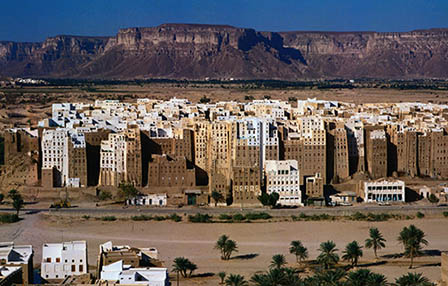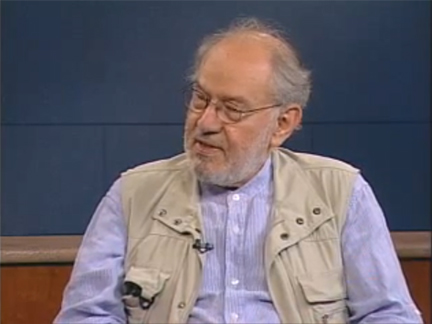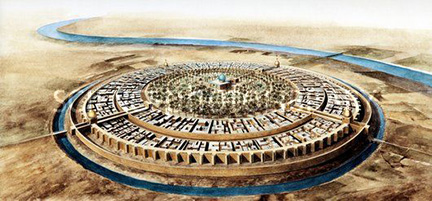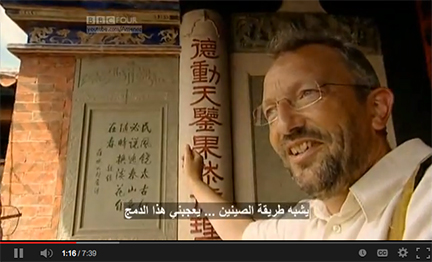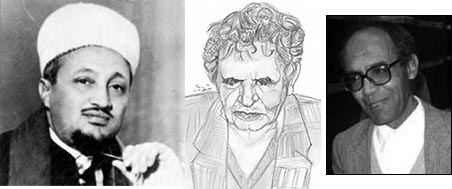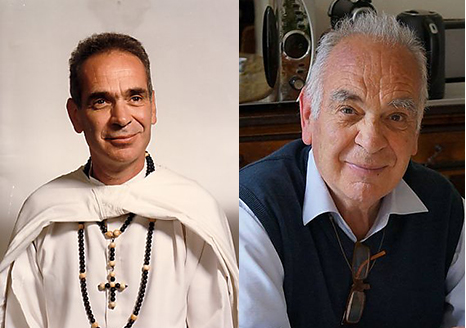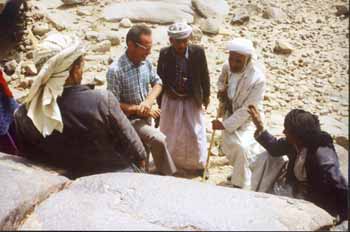
Père Etienne in Yemen
[In a previous post I commented on the life of Père Etienne Renaud, who rose to the position of leader of the Catholic White Fathers (Pères blanc), now known as the Missionaries of Africa. In 1987 he wrote a pastoral letter in the order’s in-house magazine, Petit Echo. This eloquent statement by a man who devoted his life to being a witness for humanity among Muslims and encouraging dialogue between Christians and Muslims deserves reading. It was originally written in French and translated into English in the same issue.]
Letter of Father General, Pére Etienne Renaud
Rome, 12 February 1987
Dear Fathers and Brothers,
Before taking up my pilgrim’s staff for West Africa, I should like to share some reflections with you.
After my election, several people asked me: “Is this going to change something in the Society’s commitment with regard to Islam?†One or another insisted more explicitly: “Is this going to increase our manpower in North Africa?†By way of riposte, I answered that a right wing government was well placed to make some left wing policy and vice-versa.
The fact remains that no one can make abstraction of his past, of all the missionary experience he has lived, and I must admit that my life in the Land of Islam, in North Africa as in Yemen, just as these last years teaching at the PISAI have deeply marked my general conception of mission.
My intention today, in this letter, is not to comment on the Chapter directives with regard to Islam, but to share with you some aspects of this conception of mission, which Islam has as it were forced me to deepen. I think that here it is a question of values important for every missionary, wherever he may be, even if they are values among others.
Respect for the other’s faith
In contact with Muslims, one is struck by the depth of their convictions, and more generally by the solidarity of the religious edifice of Islam. It is there, omnipresent. Study only reinforces this impression of massiveness, by helping us discover its centuries-old roots. Continue reading Père Etienne Renaud: In Memoriam, 2 →
